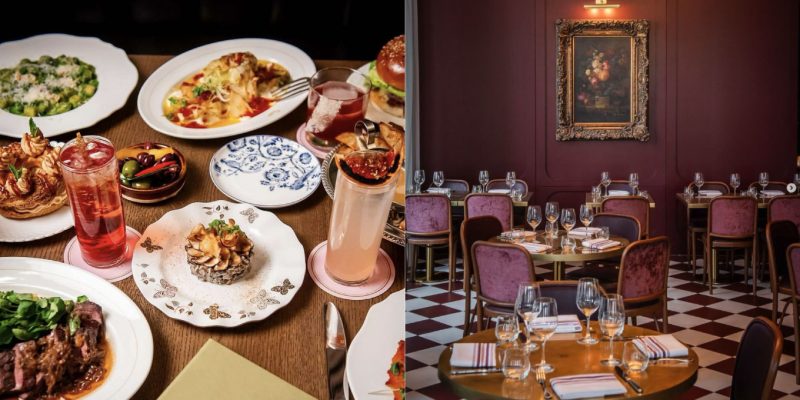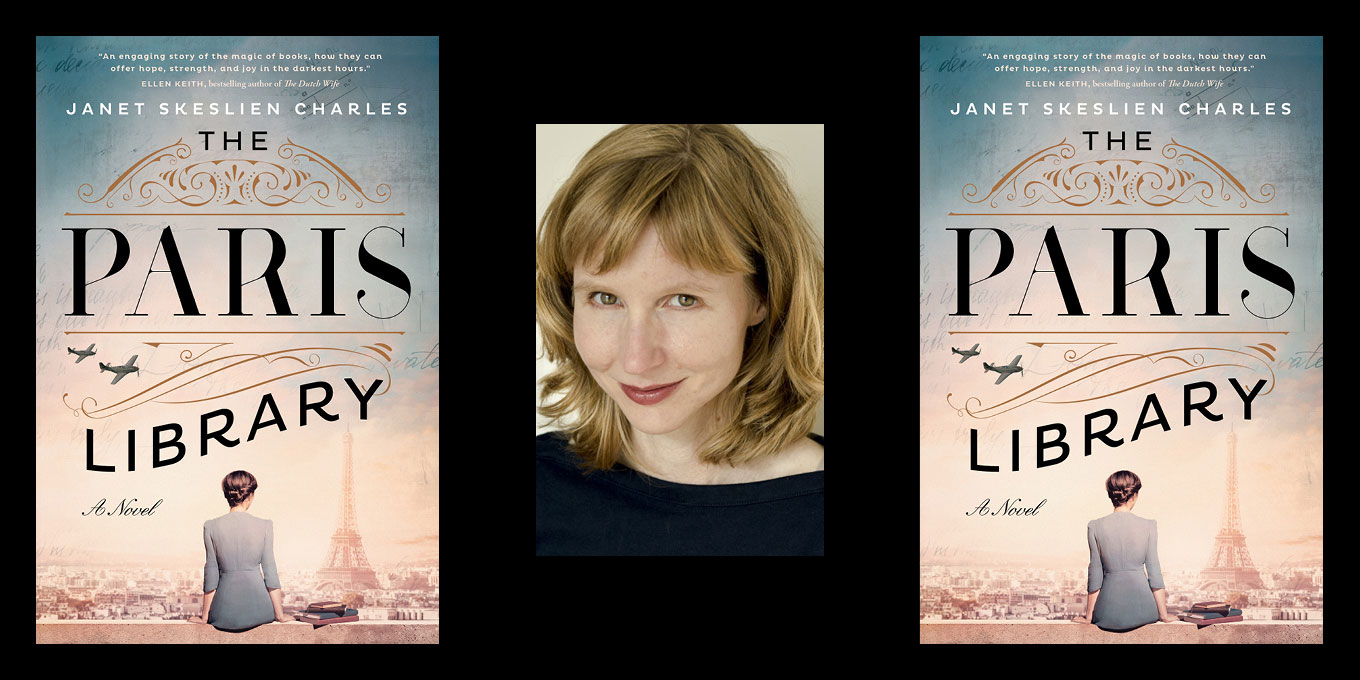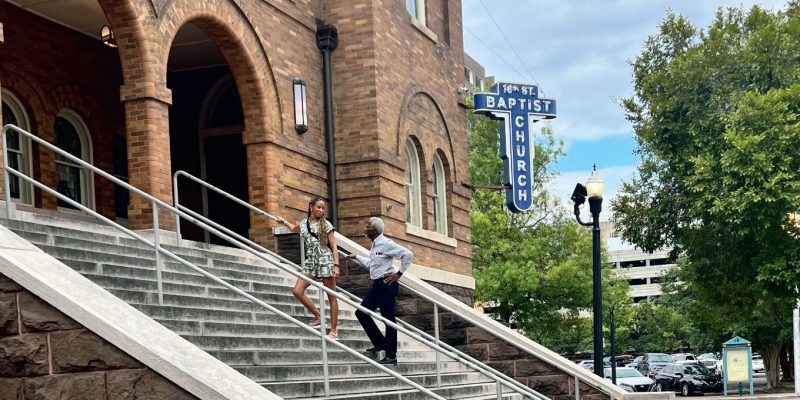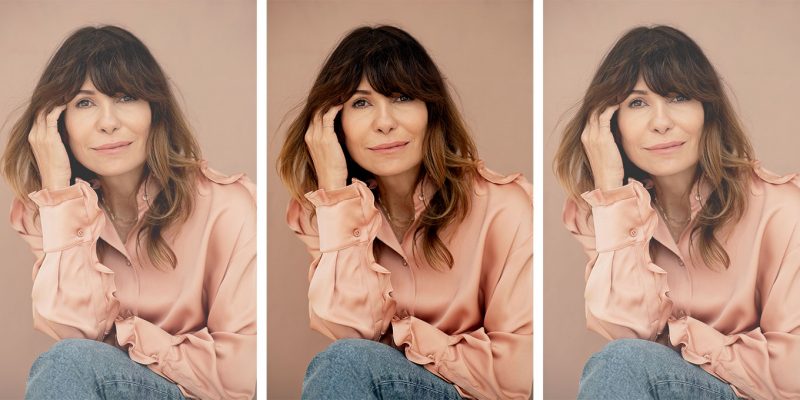Culture
A Literary Spin on Paris During the Second World War
Inspired by the true story of how librarians contributed to the war effort.
Read Next

Fashion
H&M's Latest Designer Collab With Rokh Just Dropped (And It's So Good)
We chatted with the emerging designer about the collaboration, his favourite pieces and more.

Culture
5 Toronto Restaurants to Celebrate Mother’s Day
Treat your mom right with a meal at any of these amazing restaurants.

Culture
This Maple Whipped Tofu Toast Is Unreal
Light, fluffy with a touch of zest, this maple syrup-infused toast is a slice of heaven.






